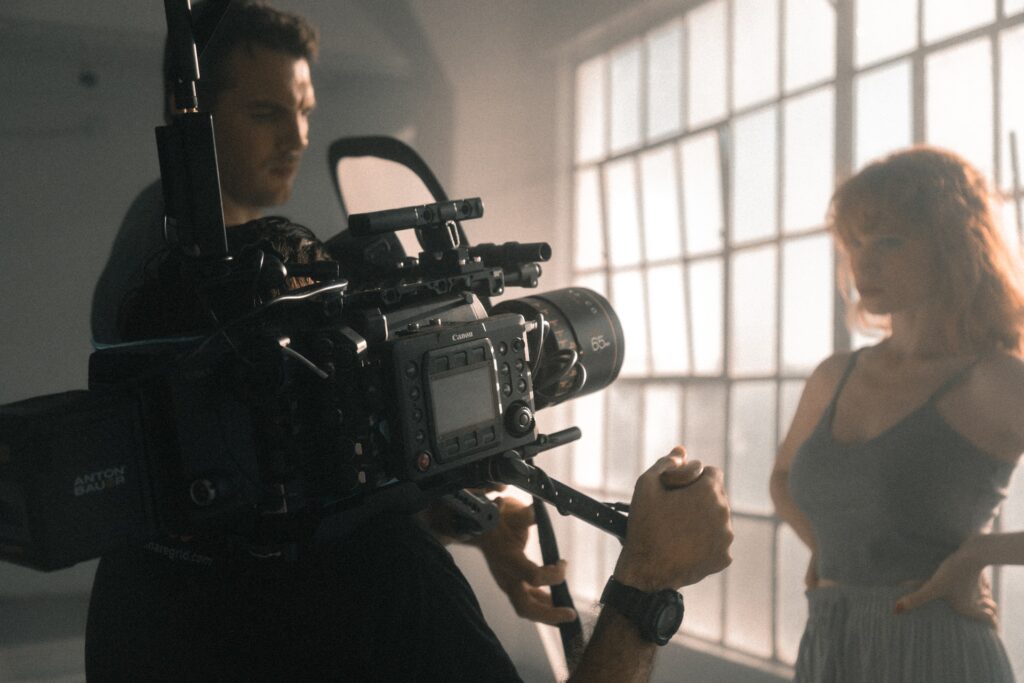Can actors teach us how to manage our emotions more effectively? Surprisingly, yes. While actors may seem emotionally detached, their craft demands deep emotional awareness, and that makes their process a goldmine of tools for everyday self-regulation.
Table of Contents
ToggleThe Actor’s Preparation: How Do Actors Understand Emotions?
Before they step on stage, actors undergo rigorous analysis to “become” the character:
A. Understanding the Character
1. Deeds: What does the character do, and how do others interact with them?
2. Words: What does the character say about themselves and others? What is said about them?
3. Thoughts: Revealed in monologues—what does the character think about themselves, others, and the world?
B. Understanding the Story
– What happens in the play?
– What are its themes?
– How important is the character’s role?
C. Understanding the “World” of the Play
Geographical, social, and cultural settings influence the character’s actions and emotions. This context is essential, whether the actor is navigating the nuances of a historical figure or preparing for a superhero transformation.
Action and Emotion: What Happens When the Actor Becomes the Character?
Actors engage body and voice to inhabit a role fully—but it’s not just physical.
To “emote” means to “move out.”
Emotions start as neural impulses and become hormonal, physiological states. But here’s the kicker: emotions are not identity. They’re temporary, observable, and ever-changing—a reality actors must accept to stay present on stage.
That same principle can help anyone experiencing negative emotions.
Emotional Self-Regulation: Lessons from the Stage
When negative emotions hit, actors don’t resist—they observe. You can too.
– Don’t fight the feeling; witness it.
– Ask, “Why am I feeling this way?”
– Let your rational brain hold space while the emotion runs its course.
How to Practise Stillness Like an Actor
Choose a repetitive sound or movement: dripping tap, ticking clock, or humming fan.
1. Focus on it exclusively.
2. When thoughts arise—memories, to-do lists, distractions—acknowledge them and release them.
3. Repeat. You’ll learn to observe thoughts without being swept away.
Role-Playing Your Emotional Triggers
Use these actor-inspired questions:
– What role am I playing in this experience? Victim? Rescuer? Rebel?
– Why did I choose that role? Was it unconscious? Societal? Learned?
– Do I want to keep playing this role? If not, why not rewrite the scene?
Dissociation: A Two-Level Acting Hack for Emotional Clarity
– Level 1: Imagine standing outside yourself. What would you say to the “you” in the scene?
– Level 2: Imagine being the director. How would you guide the character to evolve more gracefully?
Final Takeaway: Emotional Self-Regulation Is Not Pretending
“Toxic positivity” silences the truth of your emotions.
Instead, welcome difficult feelings like messengers. Respond to them with curiosity, not judgment. As an actor might say, “Thank you. You’ve revealed something that needs healing.”
Summary
Actors know how to move through emotional storms because their craft demands it. With higher rates of depression and anxiety among performers, it’s vital they—and we—access the very tools they use on stage for off-stage life.
(Photo credit: https://unsplash.com/photos/4modNup9AzI?utm_source=unsplash&utm_medium=referral&utm_content=creditShareLink)

